This section aims to support ELC practitioners support younger learners develop awareness of Cyber Resilience and Internet Safety. The associated CLPL is: This is Early Level Digital – CRIS webinars new for 23/24
You can also look for all the relevant ELC/early level practitioner YELLOW events on our CLPL calendar on the Webinars page.
Exciting news!
Have you heard of The Bongles and The Crafty Crows?
Have you read a copy of the book yet?
You can find out all about how The Bongles and The Crafty Crows can help us learn why it is important to have secure passwords, laying the foundations for Cyber Security at early level.

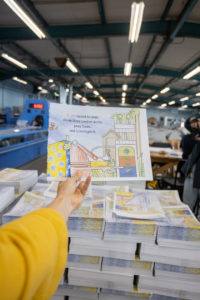
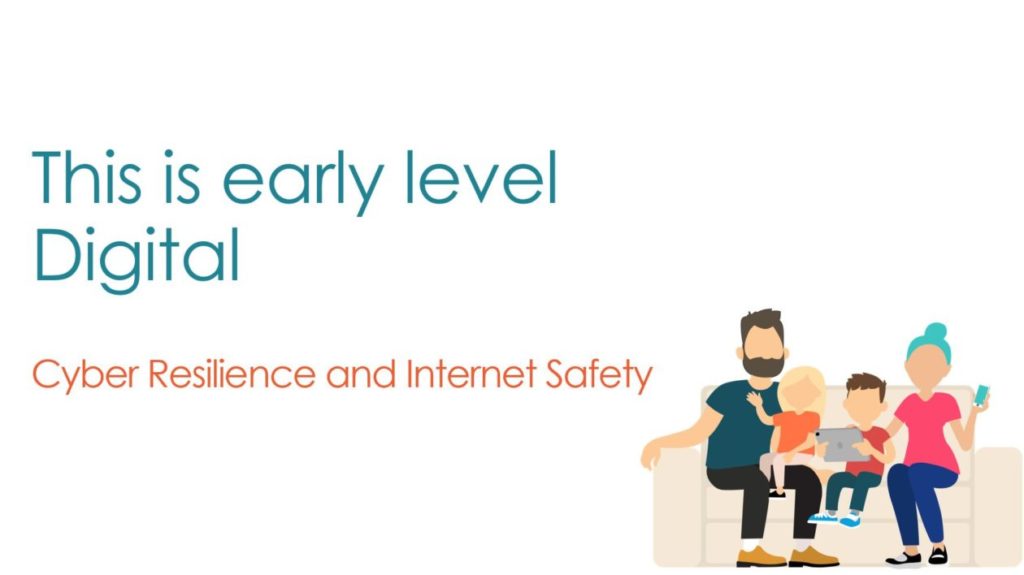
Digital technology allows us to access information at the click or tap of our fingers. If children are enthusiastic to find an answer to a particular topic, we no longer have to wait until we can access a particular book to help them research to find the answers. We no longer have the problems of a scratched CD or a cassette tape with the tape all pulled out and tangled because we can instantly stream music!
Scotland’s National policy for Early Years, Realising the Ambition Being Me, talks about digital technologies providing opportunities to design unique learning spaces for the children. Bringing resources and experiences virtually into the setting can lead learning well-beyond what was originally planned. There are so many wonderful opportunities for young children to learn through virtual environments, and this has bridged a gap in more recent times, for example, accessing recordings of their practitioners from nursery or grandparents reading them a story or joining live streams with Bookbug.
Cyber resilience and internet safety is everyone’s responsibility. What can we do as practitioners to ensure children are safe online?
In any type of play experiences on offer, whether it be child initiated or adult directed play, in the moment or a planned provocation, we risk assess; is the area safe, is the equipment safe, we always take cognisance of any associated risks to ensure children are safe from harm or will be adequality supported to manage and learn from those risks themselves and develop resilience.
For example, are there safety goggles available at the woodwork area? Are there helmets for the bikes? Is there water beside the firepit? Are our devices set up with appropriate web filtering for children of this age group?
In order to help identify associated risks, we must first identify the different types of online behaviours. Through the This is early level Digital: CRIS series of webinars, you learn about the three different categories of online behaviour, what that looks like at early level and the associated risks.
- consume
- create
- communicate
Supporting resources Sway to raise awareness and understanding of early level Cyber Resilience and Internet Safety.
This session recording aims is to support and equip you with the knowledge and confidence to embed cyber resilience and internet safety at early level through a practical play-based approach.
The Cyber Toolkit is designed to support educators understand how children and young people use the internet, focusing on how they consume, create and communicate. Understanding learners’ online behaviours in this way makes it simpler to plan learning and support learners with their online lives.
The Cyber First Aid Box is designed to for families to support children and young people when they experience a cyber incident by supporting discussions and steps to recovery.
It is never too early to start discussions and learning about cyber. This page provides practitioners with examples and resources to support learnign in this area.
All childcare providers want to create a safe and secure environment for the children in your care. As we become ever more reliant on digital technology it is increasingly important that you protect data (on children, staff and families), finances and also the integrity of any digital systems you use, including email, communication channels and databases.

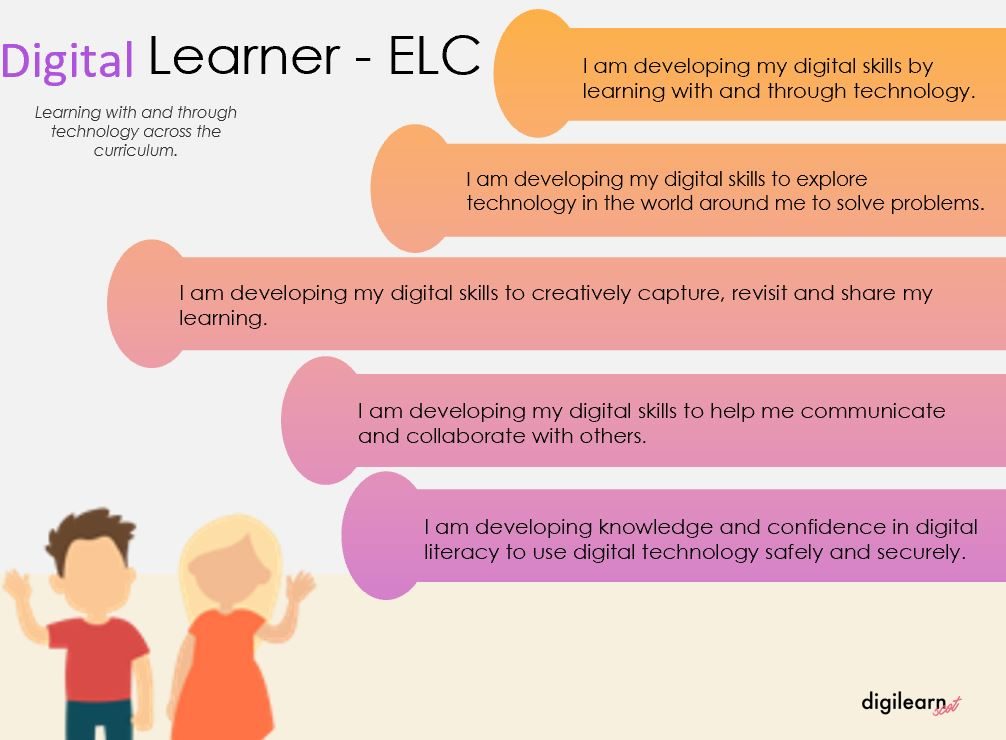

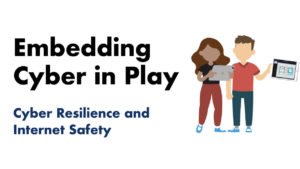
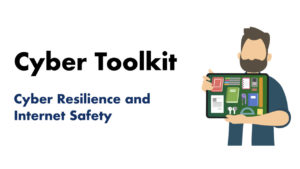
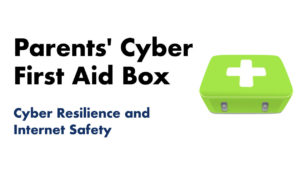
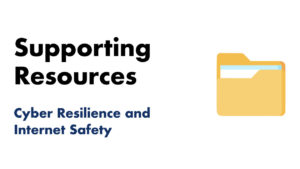
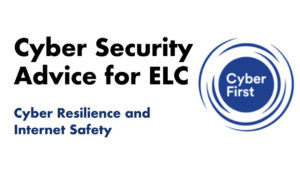





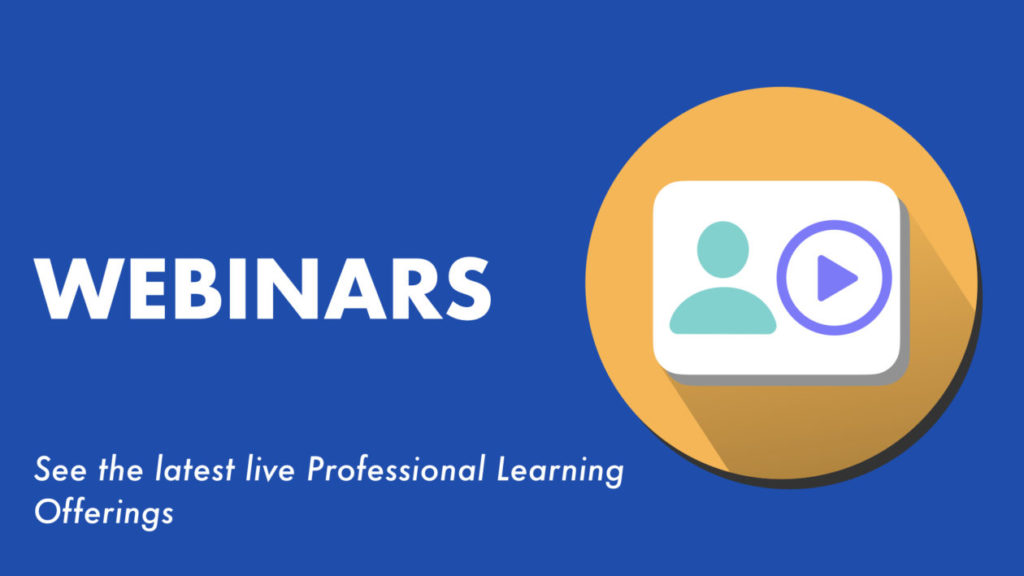

You must be logged in to post a comment.